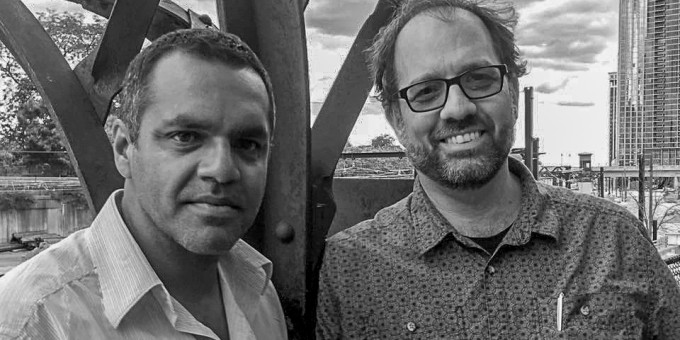
Trumped
The election of Donald Trump as the most powerful man on the planet was bad news for sociologists in at least three important ways. First, the failure to take seriously that Trump would be competitive, let alone win, is a black eye. Few people—save for sociologist Arlie Hochschild, filmmaker and Michigander Michael Moore, and a very, very small handful of journalists, including our board member Steven Thrasher—noted before the election that hey, there’s a lot of really mad White people out here, especially working-class Whites in the hinterland, and you should be paying serious attention. Predicting elections in our system is harder than it looks, though. Between the madness of the Electoral College and the premise of the winner-take-all 50-percent-plus-1, small differences have big consequences, and margins in swing states are the hardest to nail down. So missing that is not a fatal mistake. (Unless you’re Nate Silver.) Though it’s still pretty bad. And yeah, Clinton did win the overall popular vote, but they all know the rules of the Electoral College and the games you need to play to win. Trump simply played them better.
But second, the horse-race obsession that makes the prediction-miss seem more important than it is crowds out a more important debate over the real stakes of elections. The 2016 presidential election in the U.S. was bad for sociologists insofar as the vast majority of us don’t like what President Trump is likely to do. It puts a crucial node of racism, anti-immigration, and misogyny in the Oval Office, and feeds its vast network through tentacles emanating from Trump himself. So we lost politically. And the “we” are overeducated, largely liberal, largely urban or college-town dwellers cut off socially and geographically from Trumpland.
Third, Trump is bad for sociologists because he’s bad for truth, science, rational thought, and honest political discourse. That’s just his fact-free, big-lie style. The indirect effect will presumably be felt in the years to come in cuts to science and research funding and to the agencies that provide us with so much data we need (and employ our students).
On the plus side, sociology is probably more comfortable playing the opposition. Arguing against stuff simplifies things for us, and when it comes to politics, that might help. We’re not used to being in or around power, and few of us study the powerful well. We’re much better at protesting and studying protests. Cold comfort.
